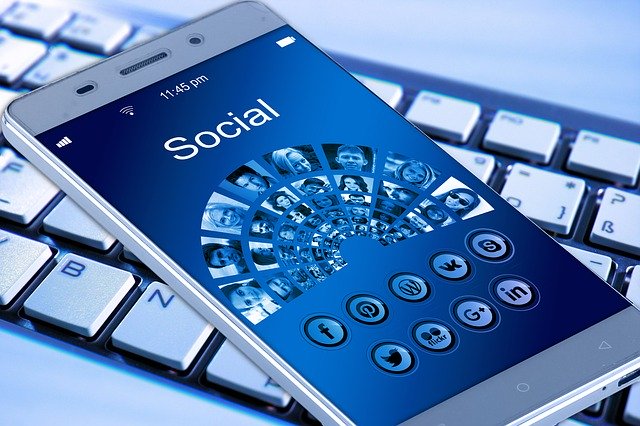A recent 2019 report from the Child Mind Institute, USA, summarizes the effects of social media use and adolescent health.
As technology continues to advance, our world continues to change and adapt to the increasing digitization, and so do we. One noticeable way technology has impacted our behaviour is with how we communicate with one another. Now more than ever, adolescents are relying on online communication as a way to form and maintain friendships and relationships.
While youth are spending more time online, parents and teachers have voiced concerns over this new-age of digitization, particularly with social media use and adolescent health. The Child Mind Institute, USA, released their 2019 Children’s Mental Health Report: Social Media, Gaming and Mental Health in October 2019 – a report for parents that summarizes current evidence on social media use and adolescent health.
The report reveals that young people prefer digital communication, as 81% of adolescents believe social media makes them feel more connected to their friends. In 2012, 49% of adolescents preferred in-person communication with their friends – ranking it as their favourite communication method – however in 2018, this fell to 32%. The report also found that more than three hours per day on social media was associated with an increased risk of depression.
In contrast, online communication can also help adolescents suffering from loneliness. Of note, the report highlights the effect of online communication on adolescents with mental health problems or autism. Although autistic adolescents are at higher risk of cyberbullying and excessive gaming, they also have more positive interpersonal relationships when conducting them online.
Based on the report, there is no definitive answer as to whether social media use and adolescent health are more of benefit or harm. Up to 10% of adolescents demonstrate behaviours of excessive social media use and risky behaviour online. As such, young people must also be presented with opportunities to disconnect from the digital world and have social activities and interactions in person. This is important for building their self-identity and self-confidence.
Written by Maggie Leung, PharmD.
Reference:
A balanced online life. (2019). The Lancet Child & Adolescent Health, 3(12), 835. doi: 10.1016/s2352-4642(19)30354-2
Image by Gerd Altmann from Pixabay



